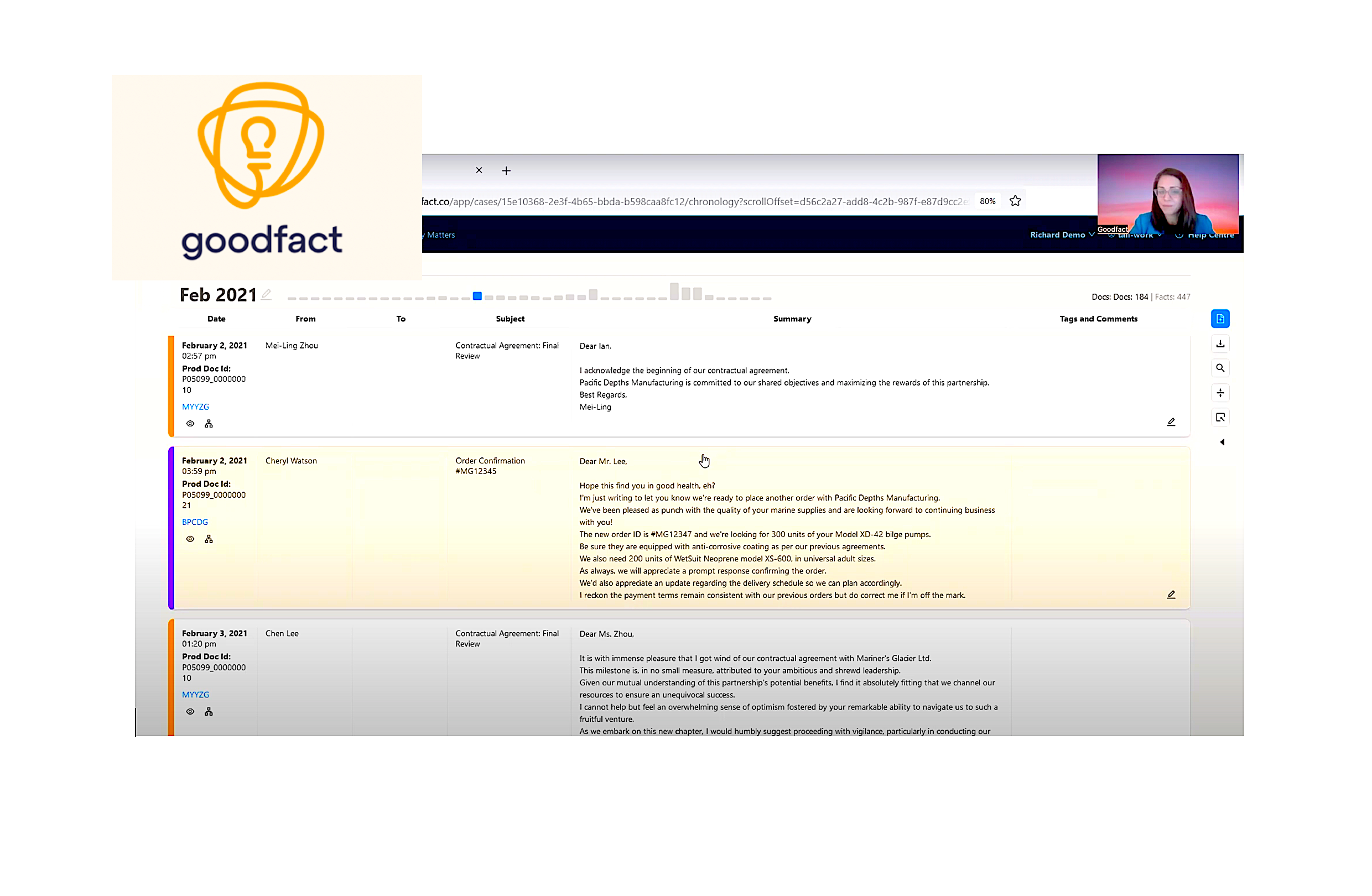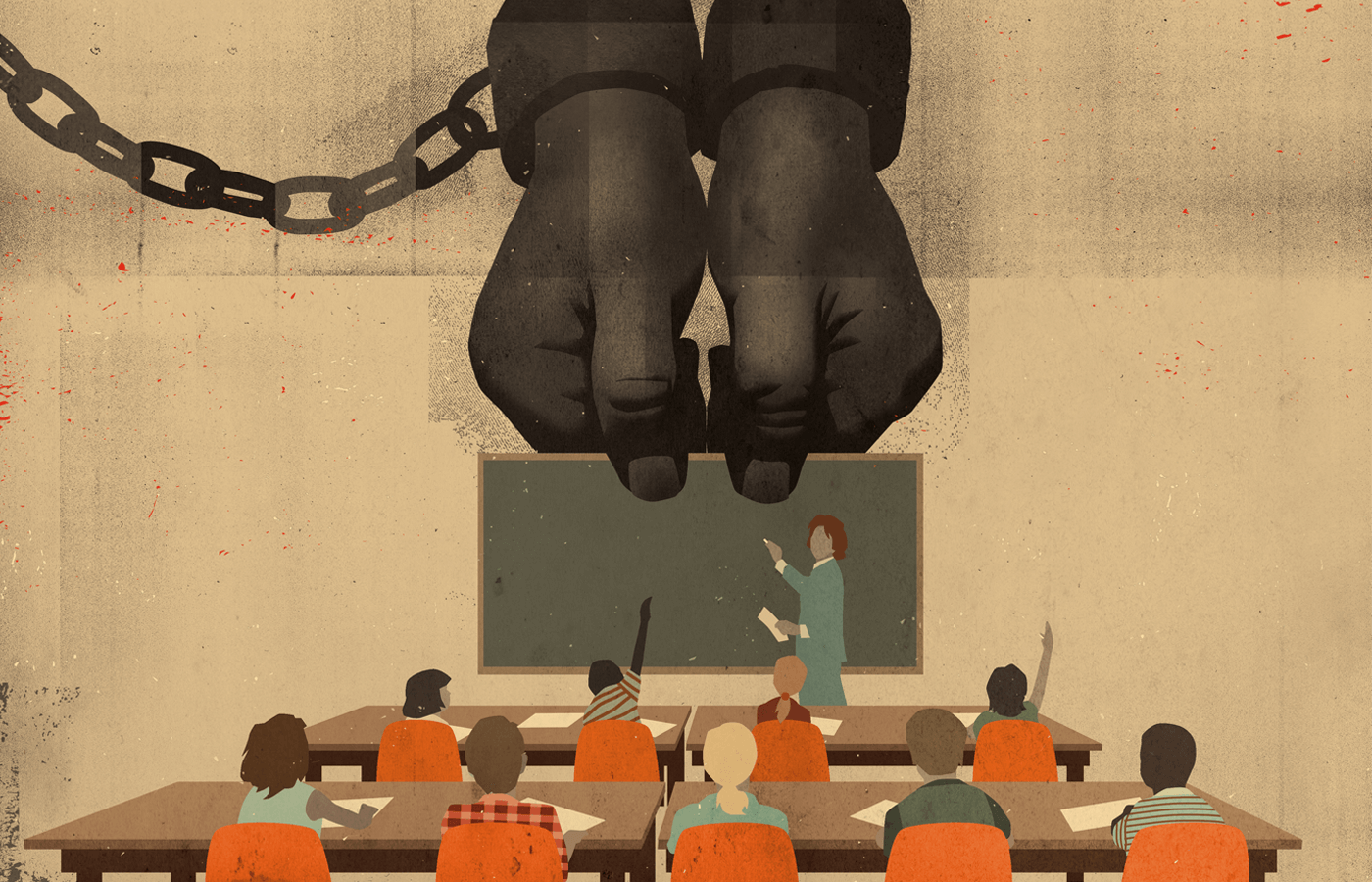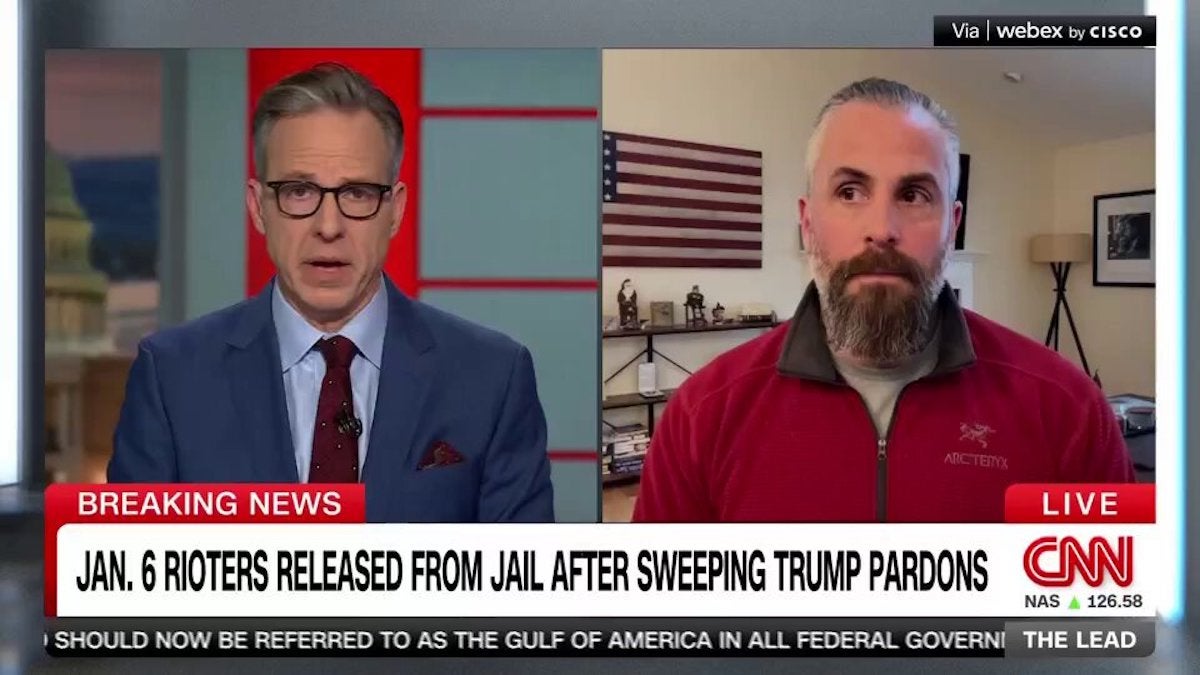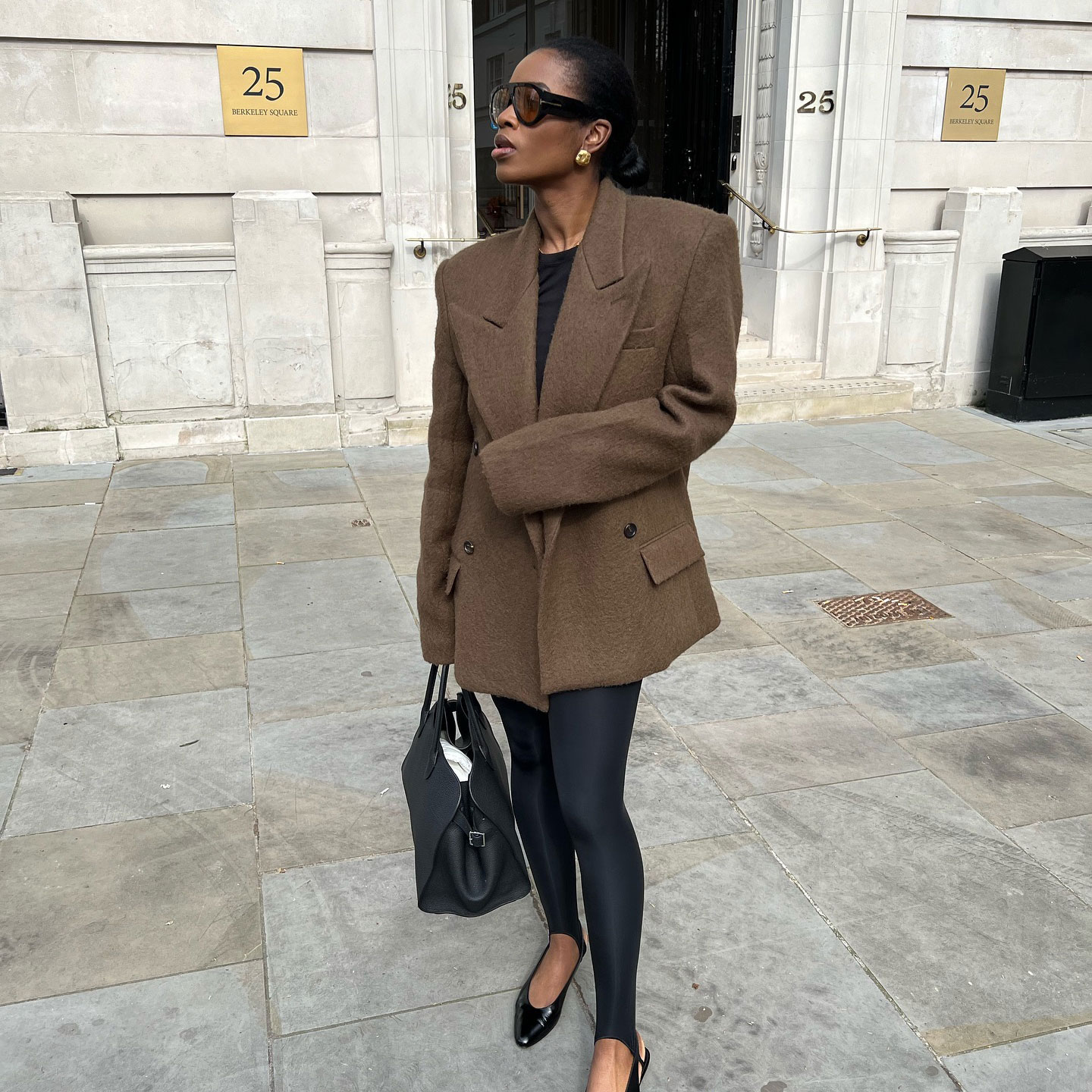The Man Who Wrote the Music Down
Carlos Malcolm may not be a household name, but it should be. Without this now 90-year-old innovator of Jamaican music—this composer, this trombonist, this conductor, this arranger, this director—we may never have heard of Bob Marley, Jimmy Cliff, or other such stars. Carlos was one of the pioneering musicians and composers who forged ska from […]
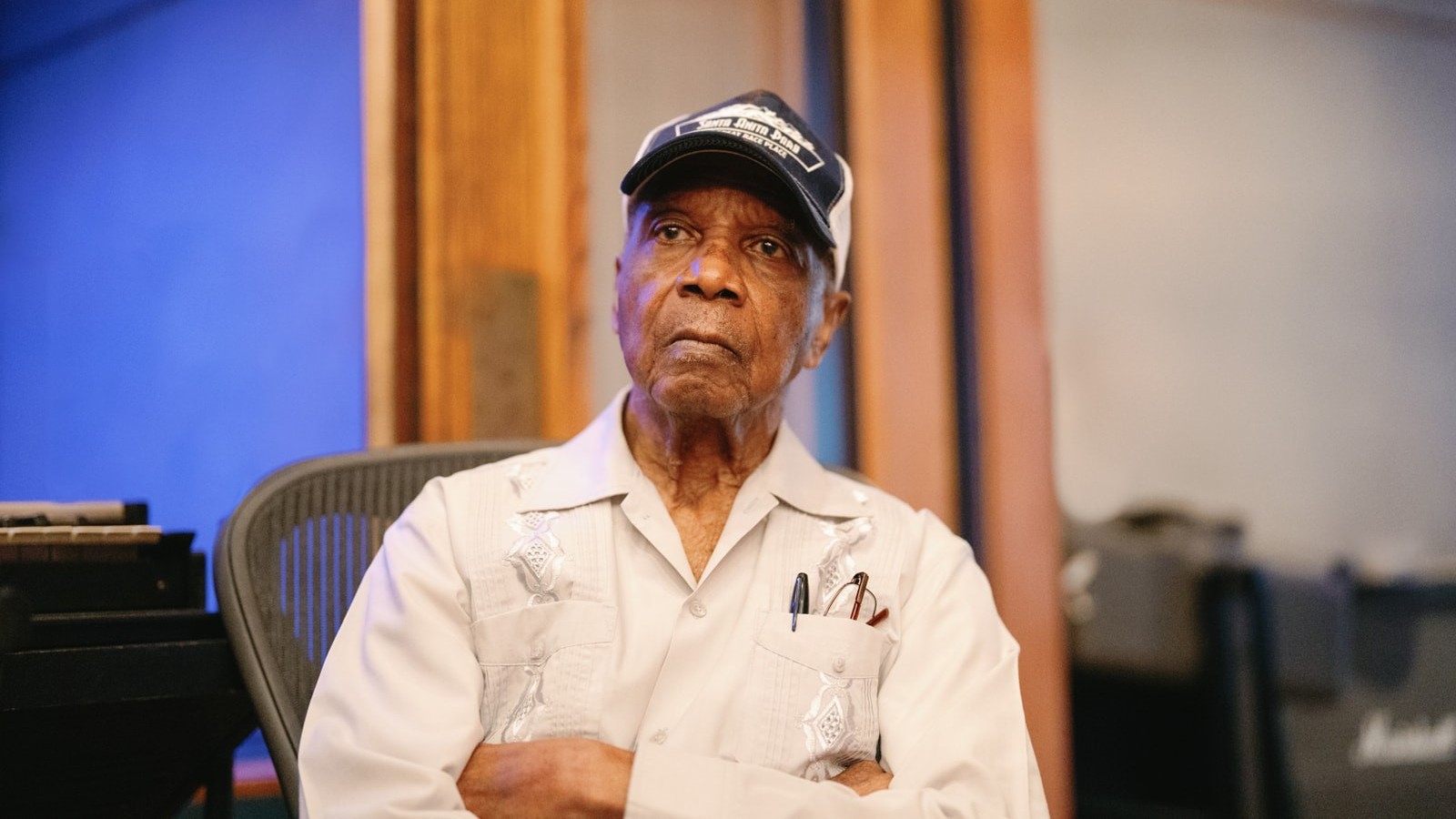

Carlos Malcolm may not be a household name, but it should be. Without this now 90-year-old innovator of Jamaican music—this composer, this trombonist, this conductor, this arranger, this director—we may never have heard of Bob Marley, Jimmy Cliff, or other such stars. Carlos was one of the pioneering musicians and composers who forged ska from Jamaican jazz, American rhythm and blues, and Jamaican mento, and ska was the music that Marley and Cliff performed before becoming world-renowned for reggae.
Seen the very first James Bond movie, Dr. No? Carlos Malcolm composed the music for the tropical scenes, which were filmed in Jamaica (as he writes about in Carlos Malcolm: A Personal History of Post-war Jamaican Music: New Orleans Jazz, Blues to Reggae). He was the first musical director for Jamaica’s indigenously established television broadcasting corporation, wrote many advertising jingles, has toured and performed all over the world. He received the Prime Minister’s Lifetime Achievement Award, the Jamaican Recording Artist Industry Award, and the Order of Distinction given to him by the Jamaican government, in recognition of musical excellence and for his contributions to Jamaican music.
More from Spin:
- 5 Albums I Can’t Live Without: Mark Tremonti of Creed
- HOW DANGEROUS A MASK CAN BE: Tupac Shakur Recalled by Tim Roth and Allen Hughes
- The 22 Best Albums of 2022
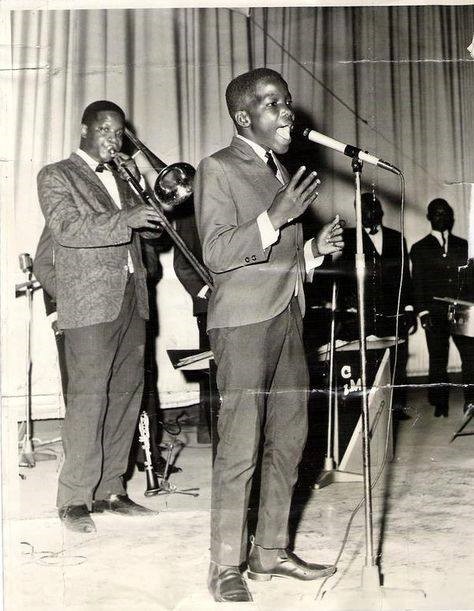
But perhaps most notable among Malcolm’s many achievements, is that he wrote the music down.
This might sound simple or even insignificant if you don’t realize that Jamaican music in the early days of performance and recording was rarely, if ever, notated. Much of the music—early jazz, ska, rocksteady, and reggae—was improvised on the spot. Due to the developing process of churning out tunes quickly to play at nightly sound-system dances, music had to be instantly sensational, and that left no time for transcription. Plus, many early Jamaican musicians had little formal musical training—save for those from Alpha Boys School. But Carlos Malcolm was musically trained and professional. In short, Carlos Malcolm is the first arranger to write formal music scores of Jamaican ska music. This means the music can more easily be played by other musicians, who can then more readily innovate from it— as have members of the Western Standard Time Ska Orchestra.
“I first saw Carlos Malcolm perform with his band at one of the main clubs on the Hollywood strip in 1999 and I was blown away,” says Eitan Avineri, founder and leader of the Western Standard Time Ska Orchestra from Los Angeles. Avineri and Carlos Malcolm began communicating in 2017 about a possible collaboration through the facilitation of Carlos’s son Leighton Malcolm and daughter Michelle Malcolm-Williams. “So we put this recording session together and got the music over to Eitan and they practiced it and they were very professional. This is what I want to do with the rest of my life—bring my dad’s music back and have him here to see it,” Leighton says.
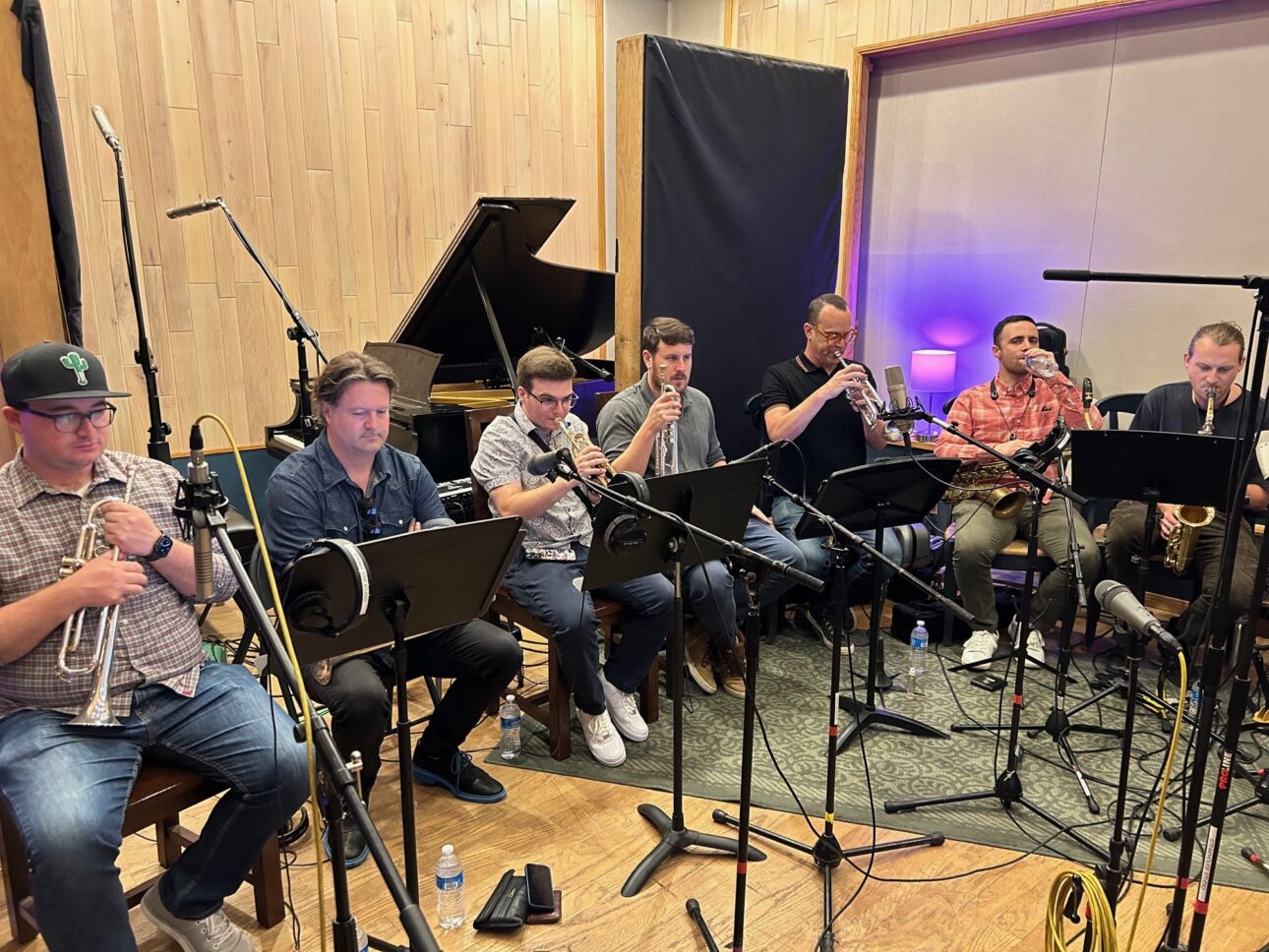
The output of the day-long session at Steakhouse Studios in Los Angeles comprises an album called Anthology of Carlos Malcolm 60 years of Excellence, featuring Western Standard Time Ska Orchestra and other bands. Volume one contains ten songs that were written from 1958 through today. Leighton explains, “These are some of his classic songs like ‘Royal Ska,” ‘Skaramouche,’ and ‘Skatology 101,’ but also newer songs. Three of them have already been released on all streaming platforms, but there will be seven more available at the end of January.” These are songs that form the backbone of Jamaican music in terms of culture and development of the music that followed. For Carlos Malcolm, it’s a sample of his larger body of work. “I’m just a transcriber,” he says from his home in Florida. “The music just comes to me. It’s spiritual—a spiritual language.”
Born into a musical household, Malcolm couldn’t help but acquire a musical identity. He learned from his father, a Dixieland trombonist and accountant who had a vast collection of musical recordings. “He cautioned me to use music as an avocation, and not as a vocation because he said you will never make any money running around town with a trombone under your arm.” This is, perhaps, why Malcolm came to music in Jamaica via a different route than most of his musical counterparts. He has a bachelor of arts degree from Union Institute and University in Cincinnati, Ohio and steady employment as a musician which developed his knowledge of production and arranging, as well as his discipline for writing musical scores for large orchestras.
Malcolm explains the difference between a performer and a conductor quite simply. “Those notes are being played by 30 guys, but the one on the podium with the stick in his hand has interpreted them vertically. The guys on the bandstand are interpreting them horizontally, from left to right, one note at a time. The conductor has to read those same notes, 30 notes at a time, so they all come together. It’s a serious undertaking.” This is how Malcolm sees music, feels music, even dreams music at night. And he has never stopped writing music.
Avineri notes that he too understands both the aesthetic and the professional sides of music. “Even though we come from different generations and parts of the world, we both speak the common language of music. We immediately found that we saw eye to eye regarding the process of transforming this music from written form and composition to full performance. In the process, we honored the original written material’s form and intent while expanding the instrumentation to a full big band. To maintain the authenticity of the music, we arranged the entire rhythm section (acoustic bass, live drums, acoustic piano and guitar) in one large room at the same time. We also used the same recording technique for the full twelve-piece horn section with a vintage RCA microphone placed in the middle.”
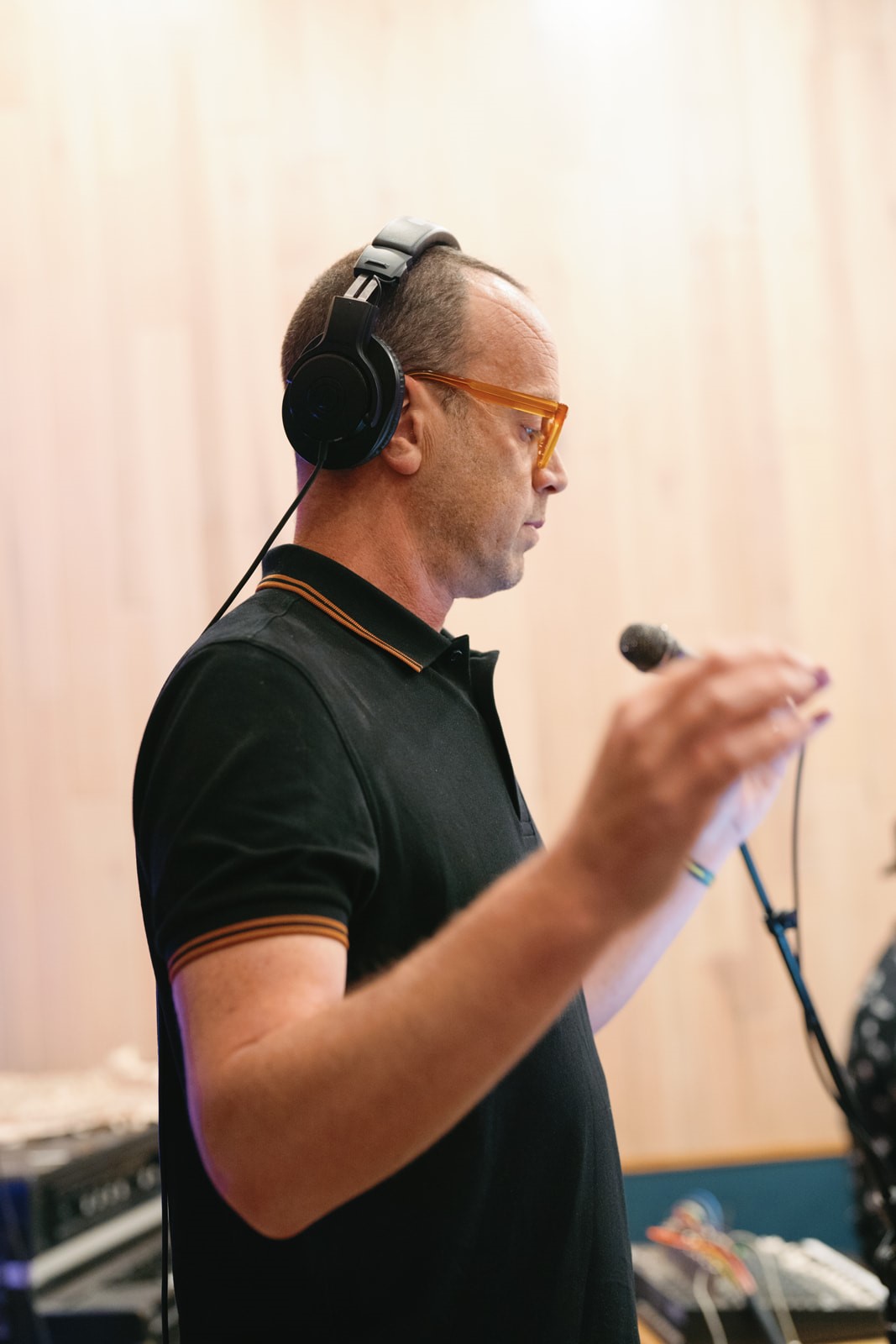
Avineri has a long history with music, having first learned to play piano at age five, taught by his mother. After studying music and playing multiple instruments, Avineri performs professionally and teaches for the Los Angeles Unified School District. Avineri notes that Carlos Malcolm was involved in the studio as an interpreter of his score. “He came into the recording room using technical musical language that we are all familiar with, specifically related to what he wanted from each instrument. It’s impressive to watch because it was a complex score and it’s beautiful to see a person who has total command over his art. It was an incredible experience and a special recording session. There were many magical moments.” Carlos agrees: “They are people who have inculcated the music into themselves.”
Leighton Malcolm says he hopes this is just the beginning. “Now, using a computer program, my dad writes music everyday, but as a youth I remember watching him write music unto wide 20-instrument conductor score sheets and throw it in a box. He has written piano etudes that incorporate Jamaican folk music into entire symphonic orchestral scores and boxes and boxes of music that has never been played. We just need a symphony orchestra to play it. He has a 130-song catalogue and we’re engaged in licensing our catalog for film, television commercials and video games. It boggles my mind, that Jamaican ska music could be discussed without mentioning the name and music of Carlos Malcolm.”
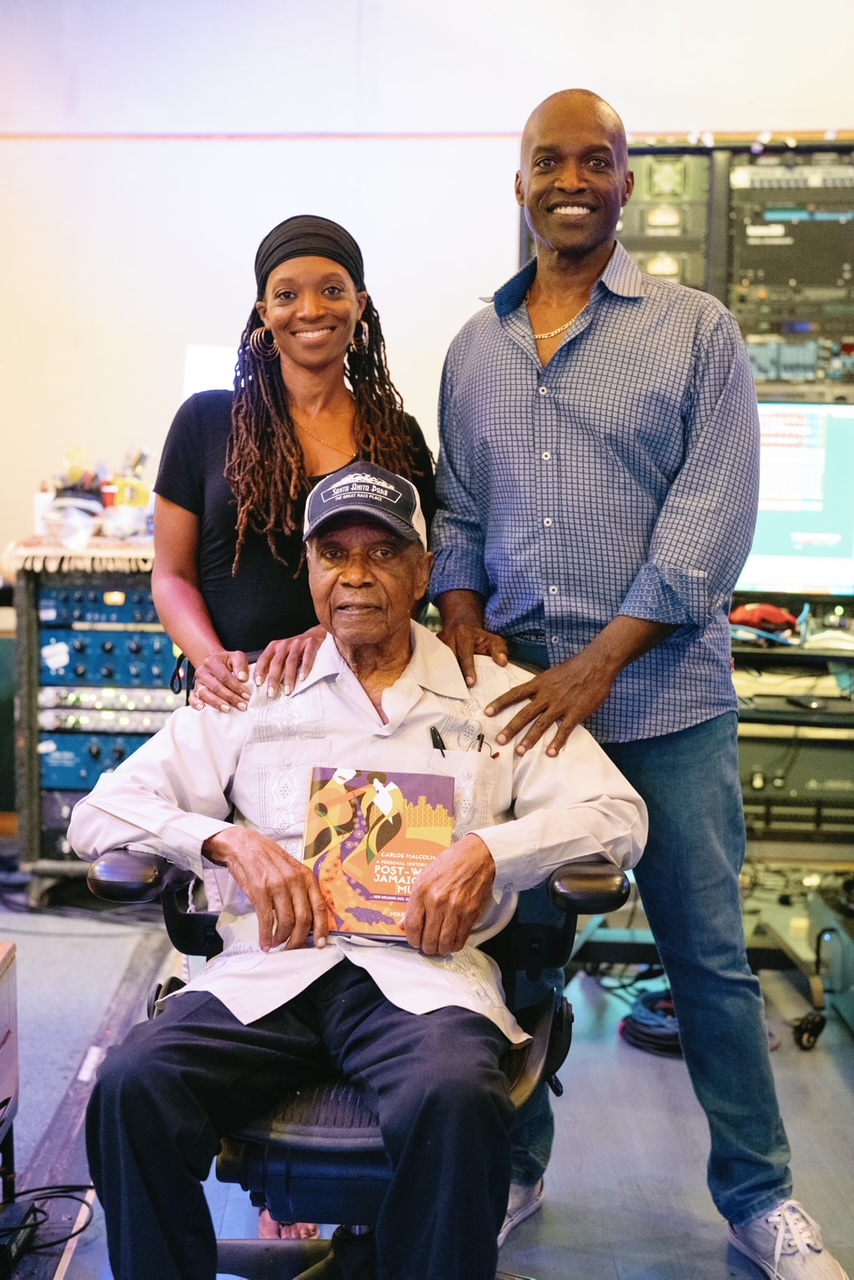
Carlos’s daughter, Michelle Malcolm-Williams, says she’s also driven by the mission to amplify her father’s contribution to music that is loved the world over. “Daddy writes every day. He’s 90 years old and if he stops writing, we lose him. It’s phenomenal what he’s done. He’s put something into the earth, from back in the late 1950s, and paved the way for the young ones. Joe Higgs taught Bob Marley, right? But who taught Joe Higgs? Daddy. Joe Higgs performed as a member of Carlos Malcolm and his Afro Jamaican Rhythms for over a year. And without musical arrangements, pen-to-paper notation, it would be difficult for a large orchestra to play a musical composition as it was originally conceived, and daddy did that. We need to give reverence,” she says. “Because he was there, at the beginning of urbanized Jamaican music.”
Volume One of Anthology of Carlos Malcolm 60 years of Excellence has all songs released on January 31, 2025.
To see our running list of the top 100 greatest rock stars of all time, click here.
What's Your Reaction?
























